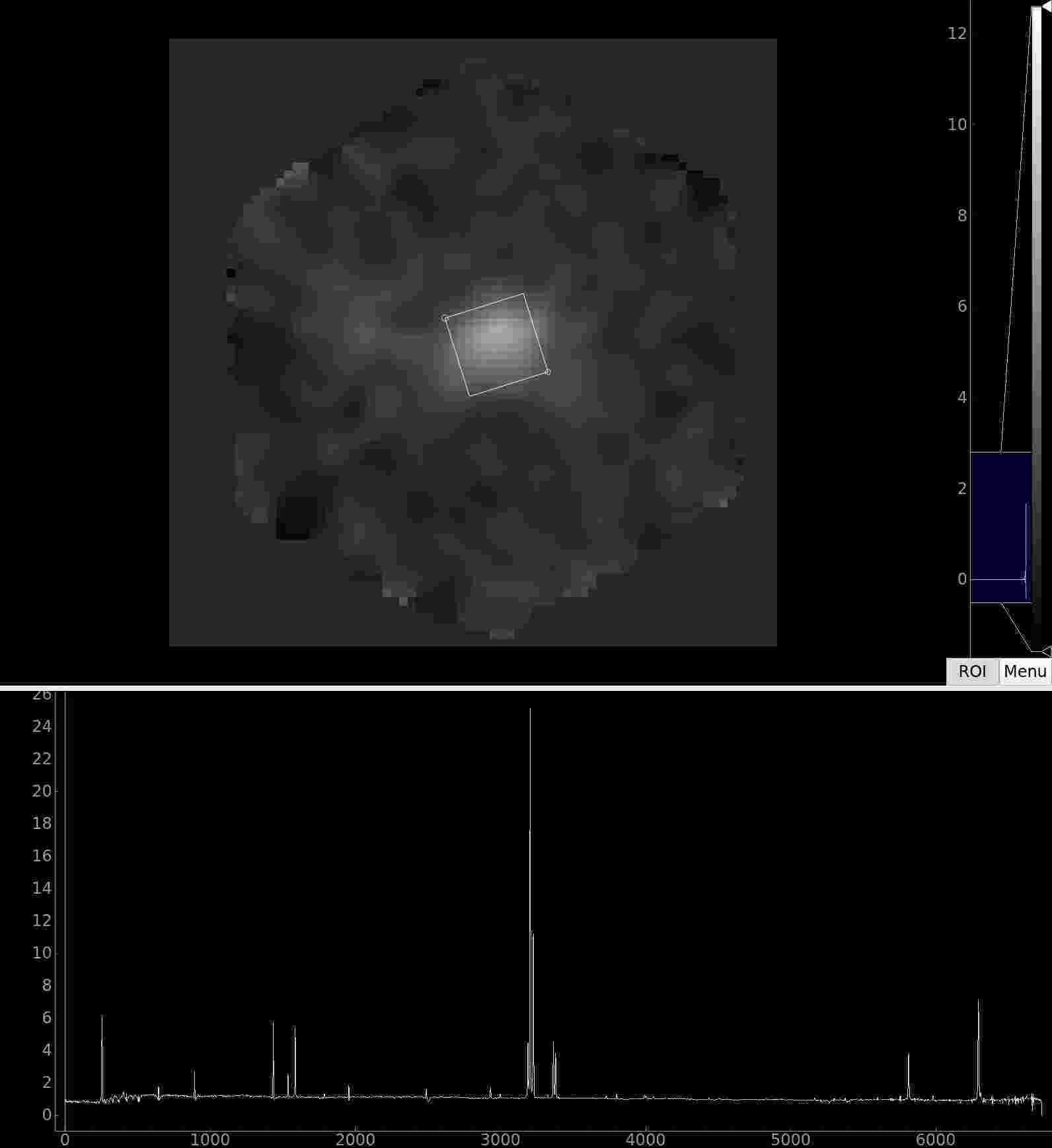Project moved and currently undergoing a complete rewrite at https://github.com/aflak-vis/aflak
Support Python3.5+.
You can install aflak using any of the following methods.
This is the recommended way of installing aflak as a user. Please make sure to install aflak for python 3.x. It will not work on python 2.x.
Depending on your python install, you should be able to run aflak form the command line with any of these commands
Only `Debian Stretch` and `Ubuntu 17.10` are supported for now.
Download the .deb file of the latest release from https://github.com/malikolivier/aflak/releases
Install it with:
Remove it with:
aflak my-fits-file.fitsThe provided FITS file is required to have the following extensions:
- 'FLUX': 3D data containing 2D luminosity component for each wavelength value
- 'WAVE': 1D data containing value of each target wavelength
After some fiddling you should be able to get a window like below:
The Makefile contains a few recipes to get sample fits files. Run make as below:
make data/manga-7443-12703-LINCUBE.fitsfold -w 80 foo.fits | less- Show arbitrary sums over spectral data (currently only show one frame)
- Benchmark / Test with several fits files
- Set a label on the histogram's Y-axis (flux [1E-17 erg/s/cm^2])
